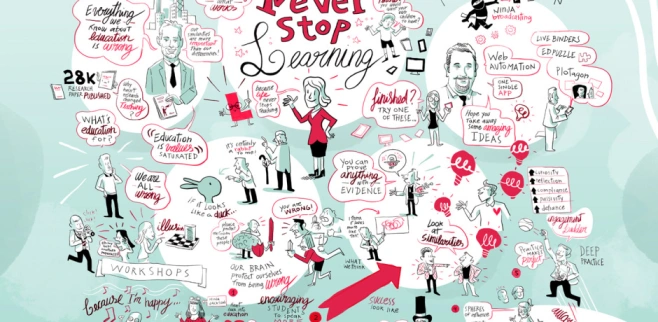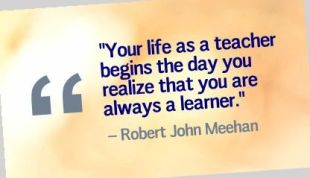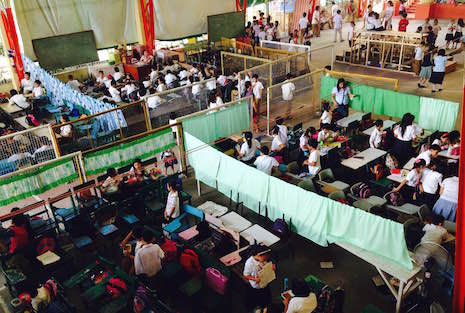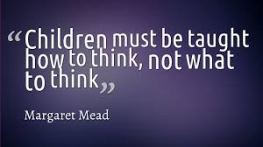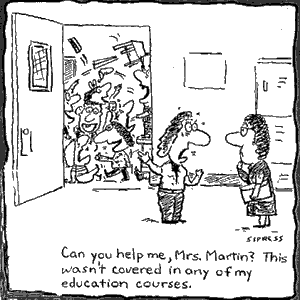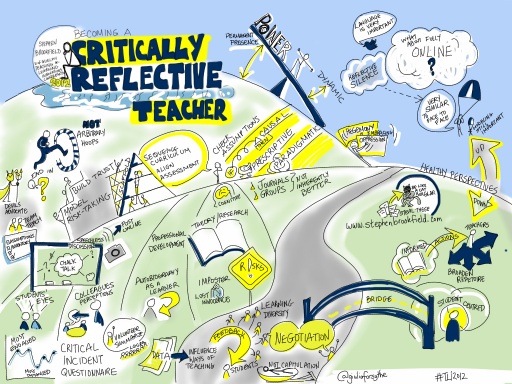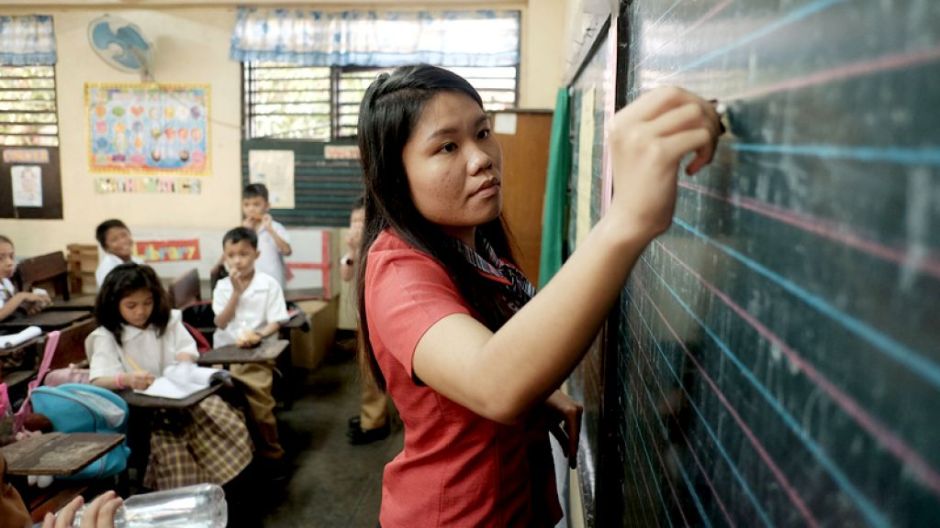
If you ask me before studying this module, if teachers are professional? I would say yes. I thought that to be a professional teacher you just need to finish a degree in education and then pass the licensure exams for teachers. That is how I perceive teacher professionalism before this module. This module made me realize that it takes more than just a degree and license to be a professional teacher.
I also have different definition of professionalism before studying this module. I thought that professionalism is based on appearance, interaction to other people or educational attainment. We all have preconceive notion of what and how professionals should do and act. In the module, professionalism has been defined in many ways. According to Forsyth and Danisiewicx (1985), the task of professionals is important, exclusive and complex, so professionals should have the autonomous decision-making power free from external pressures. According to David Carr, there are five criteria of professionalism. They are:(a) professions provide an important public service, (b) they involve a theoretically as well as practically grounded expertise, (c) they have a distinct ethical dimension which calls for expression in a code of practice, (d) they require organization and regulation for purposes of recruitment and discipline and, (e) professional practitioners require a high degree of individual autonomy- independence of judgment for effective practice.
I always believe that teachers here in the Philippines are professionals but if we based this on the given definition they are far from being professional. The education system here in the Philippines is manage and regulated by the different sectors of the government. They are in charge in creating the curriculum and the teaching materials to be used. Aside from these, there are times that teachers are not treated as professionals because they are not paid as much as other professionals. According to an article by Rappler, Philippine Military Academy cadets and call center agents get higher monthly salaries than a public-school teacher: PMA cadet gets P21,709 per month and call center agents gets to take home – P15,000 to P25,000 per month. These is why a lot teachers are in debt or they choose to work abroad or they seek employment from other fields to cope with the salary gap. These are just some of the factors that hinder teachers to be called professionals.
As a future educator, I am hoping that there would be changes on our education system. Good thing that there are a lot of legislators who are taking a step to increase teachers’ salary and benefits. Hopefully, teachers will also be given a bigger role in education and not just a conveyor of information and knowledge to students. These would help in improving teachers’ skills and competence and this will also help in their professional and teaching development.
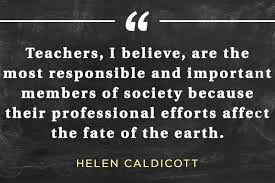
REFERENCES:
Geronimo, J.Y. (2014, August 16). INFOGRAPHIC: How much are public school teachers getting? Rappler RSS. Retrieve from http://www.rappler.com/newsbreak/iq/61149-how-much-public-school-teachers-take-home-pay
Forsyth, P. B., Danisiewicz, T. J. (1985). Toward a theory of professionalization. Work and Occupations, 121 (1), 59-76.
David, C. (2000). Professionalism and Ethics in Teaching. London: Taylor&Francis Books Ltd.
image from:
https://www.adb.org/results/teach-philippines-teach-development
http://www.rd.com/culture/teaching-quotes/



